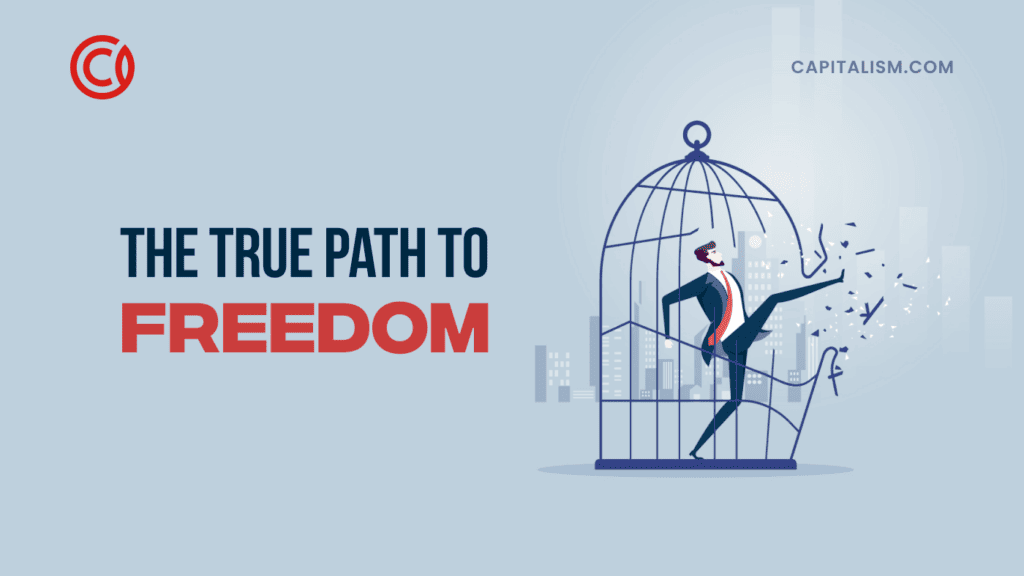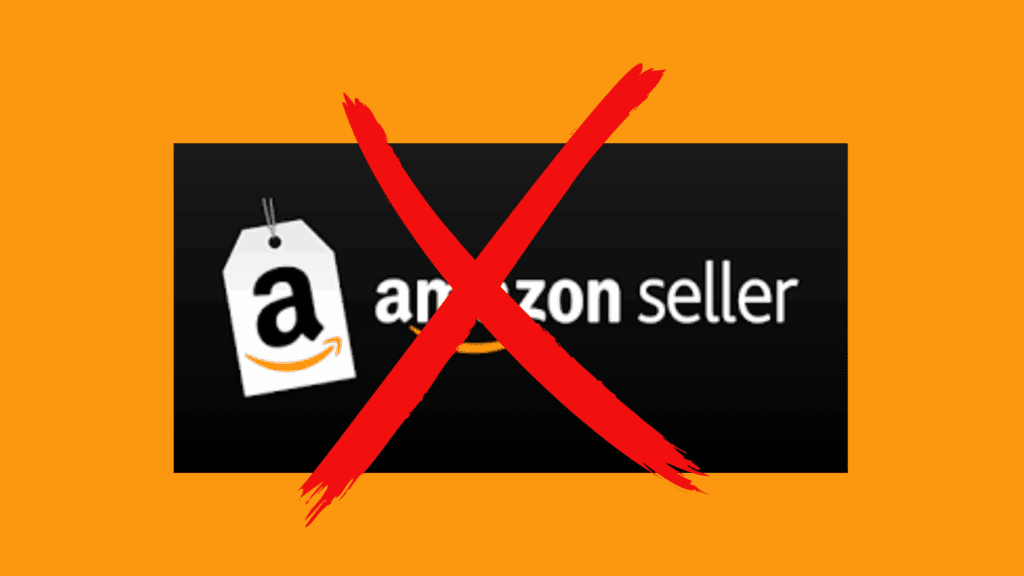Outside experts can do wonders for any organization.
As Jon Younger for the Harvard Business Review puts it, “Organizations depend increasingly on independent, temporary workers, even for mission-critical work.” These temporary workers are typically known as freelancers who bring a specific set of skills to the mix.
Despite the widely reported benefits of freelance labor, another application a highly-specialized freelance community could be used for is in a possible mentorship role for full-time employees.
Outside experts not only provide an insight or body of knowledge traditional members of your organization may not have, Younger argues, but they also serve as mentors to help younger, less-experienced members of your team through training and development.
Former Harvard Business School professors Gene Dalton and Paul Thompson pointed out that high-performing professionals experience 4 stages of development in a mentoring model based on freelancers and outside experts.
Dalton and Thompson’s four stages of development are as follows, via HBR:
-
Apprentice: Helper and learner; establishes a reputation for trust, teamwork, and cultural congruity.
-
Individual contributor: Builds recognized functional expertise; makes a significant independent contribution; demonstrates accountability and ownership for results.
-
Mentor/coach: Contributes through others as a formal manager, an idea leader, a project owner, or an informal employee developer.
-
Sponsor/strategist: Sets or influences strategic direction and important decisions; exercises power on behalf of the organization; prepares future leaders.
Typically, when an individual reaches the third and fourth stages, they begin to refine and sharpen their mentoring skills so that they can have a fresh, relevant approach to helping younger professionals develop in their given careers.
Younger believes outside experts don’t just help with mentoring. They are entrepreneurial individuals. Regularly, outside experts are working to develop they’re own business and personal brand while cultivating positive client relationships. In effect, as they work to augment your team, outside experts are working to develop a product or service that is appealing in the marketplace.
An entrepreneurial mindset is often lacking among full-time, salaried employees. Just having this “foreign” way of thinking could help your organization tremendously.
Have outside experts helped your business and employees? If so, tell us about it in the comments below.
SHIFT YOUR MINDSET – READ MORE ON CAPITALISM.COM
• Why Whole Foods CEO John Mackey is Vegan But Sells Meat
• Reframe Your Understanding Of Wealth Creation
• How Competing in Britain’s Strongest Man Tested – and Improved – My Mental Toughness











